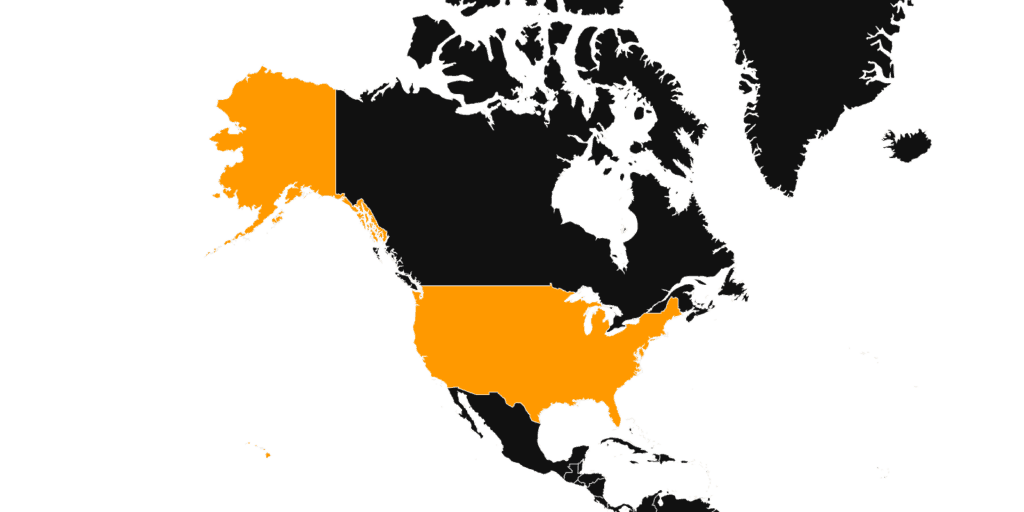

Open letter to the school board of the Placentia-Yorba Linda Unified School District
PEN America urges the school board not to pass Resolution No. 21-12, “Resolution Opposing the Teaching of Critical Race Theory.”
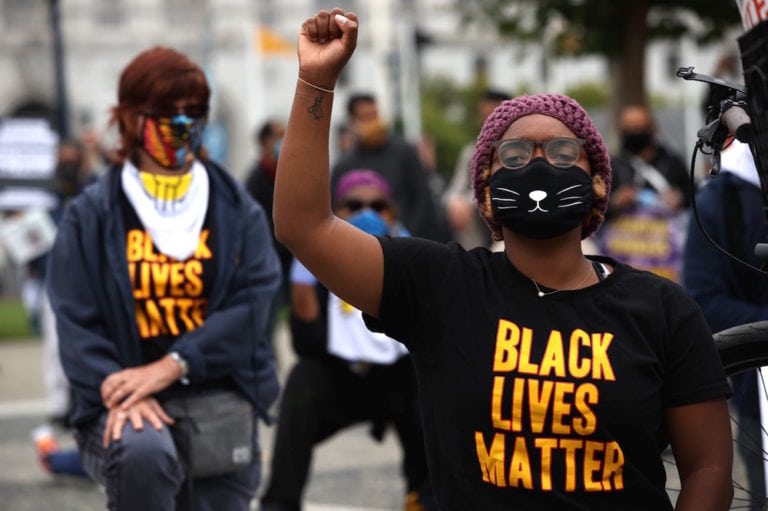
San Francisco Police illegally used surveillance cameras at the George Floyd protests. The courts must stop them
A year and a half ago, the San Francisco Police Department illegally spied on activists and thousands of Bay Area residents as they marched against racist police violence and the murder of George Floyd. EFF and the ACLU of Northern California have taken the SFPD to court.
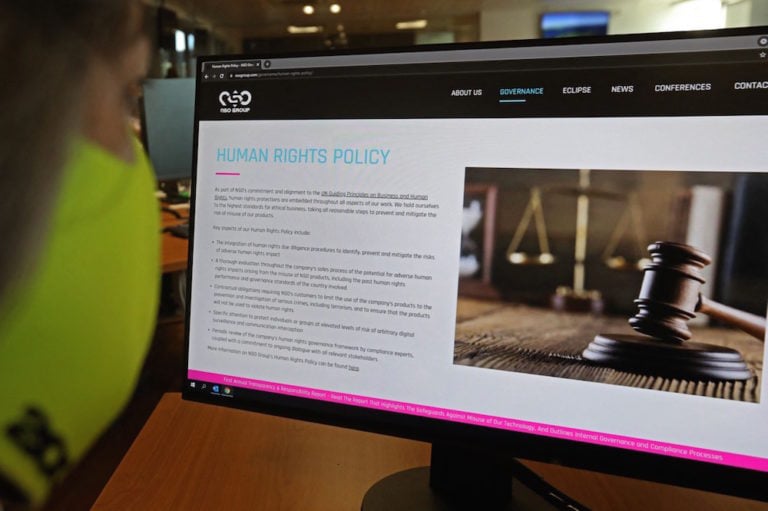
Surveillance industry finally facing scrutiny, but will it change anything?
In December, eighteen U.S. lawmakers demanded that the U.S. government impose sanctions on four non-US surveillance companies for, as they mention in their letter, facilitating “disappearance, torture and murder of human rights activists and journalists”.

Court orders authorizing law enforcement to track people’s air travels in real time must be made public
A news organization and its reporter are trying to make public a court order and related records concerning an FBI request to use the All Writs Act to compel a travel data broker to disclose people’s movements.

Scope and speed of educational gag orders worsening across the country
In the month since the release of PEN America’s report on the topic, state lawmakers introduced 12 new bills, bringing the total to a staggering 66 educational gag orders for the year in 26 states, 12 of which have passed into law.
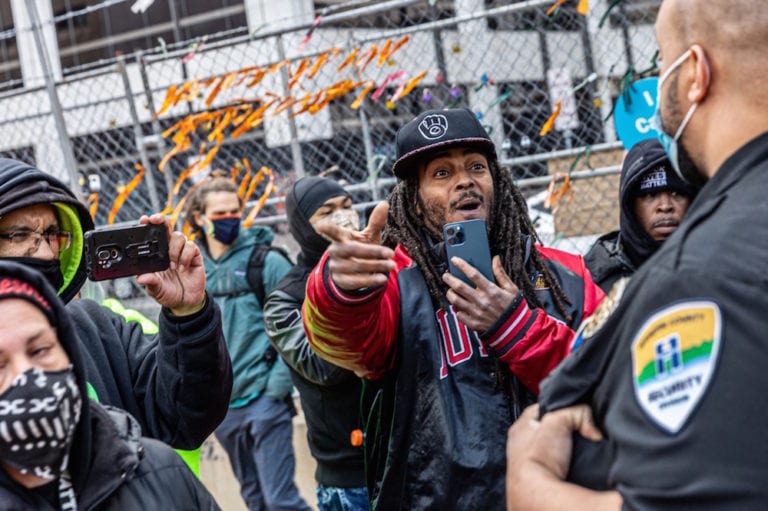
EFF to Federal Appeals Courts: Hold police accountable for violating civilians’ right to record
EFF argues that Americans have the right under the First Amendment to livestream and record on-duty police officers and officers who interfere with that right should be held accountable.

UK High Court’s decision opens door for Julian Assange’s extradition to the US
“We condemn today’s decision, which will prove historic for all the wrong reasons. We fully believe that Julian Assange has been targeted for his contributions to journalism, and we defend this case because of its dangerous implications for the future of journalism and press freedom around the world” – RSF
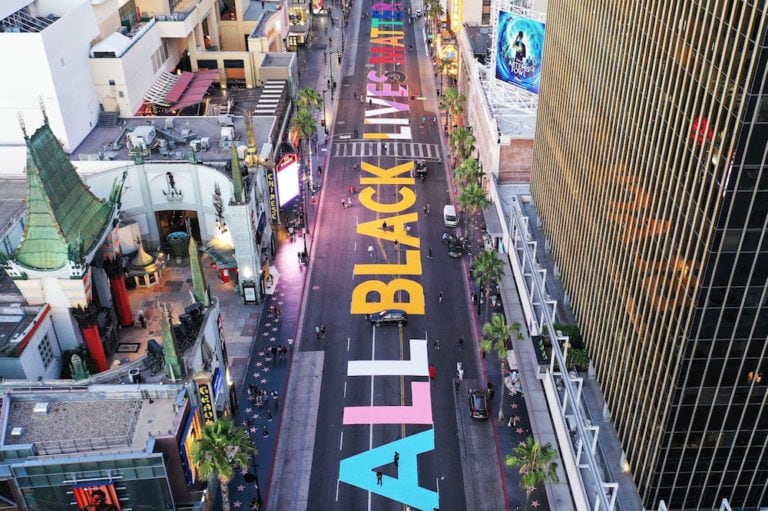
Police aerial surveillance endangers our ability to protest
The California Highway Patrol directed aerial surveillance, mostly done by helicopters, over protests in Berkeley, Oakland, Palo Alto, Placerville, Riverside, Sacramento, San Francisco, and San Luis Obispo. Dragnet aerial surveillance is often unconstitutional.

Educational gag orders: Legislative restrictions on the freedom to read, learn, and teach
Between January and September 2021, 24 legislatures across the United States introduced 54 separate bills intended to restrict teaching and training in K-12 schools, higher education, and state agencies and institutions. The majority of these bills target discussions of race, racism, gender, and American history.

Author Ashley Hope Perez and social activist Padma Venkatraman on what book bans are really about
The PEN Children’s and Young Adult Books Committee is responding to recent efforts to ban books and intimidate teachers and librarians with a new conversation series called “PEN Pals.” This series of articles gives voice to the challenged creators of books for children and young adults through an exchange of nuanced conversations that illuminate today’s issues.

CPJ extremely concerned by court order restricting “New York Times” coverage
The Committee to Protect Journalists expressed grave concern over a New York Supreme Court order restricting the “New York Times”’ coverage of Project Veritas.

What you need to know about Biden’s FCC nominations
If confirmed, Biden’s picks are likely to reverse policies and regulations that have been detrimental to net neutrality and individual access as a whole.
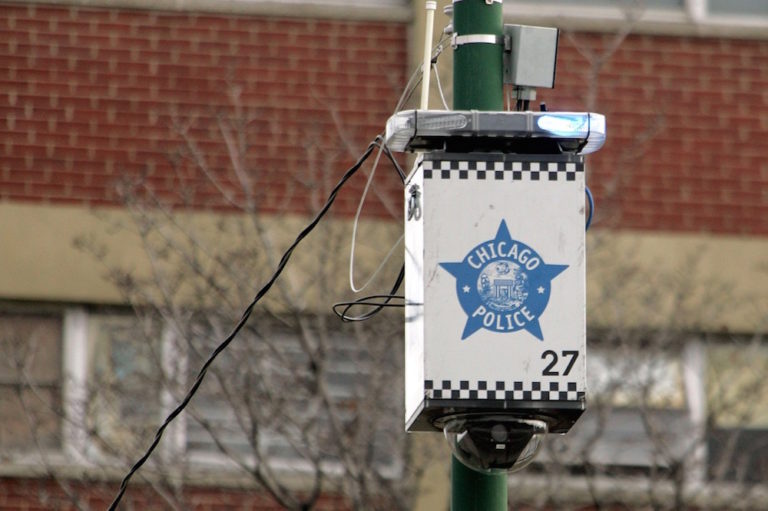
EFF to Supreme Court: Warrantless 24-hour video surveillance outside homes violates Fourth Amendment
If the Supreme Court takes up Tuggle’s case, it would be the first time it has considered the rules around warrantless pole camera surveillance.

Face recognition is so toxic, Facebook is dumping it
The decision to end the face recognition program comes at a time when the technology is receiving push back, criticisms, and legislative bans across the United States, and around the world.

Rights groups call on US Attorney General to drop case against Julian Assange
The joint letter urges the U.S. to drop its appeal in the extradition case of the Wikileaks publisher. A recent investigative report alleged that the CIA had plotted to kidnap and possibly kill Assange.
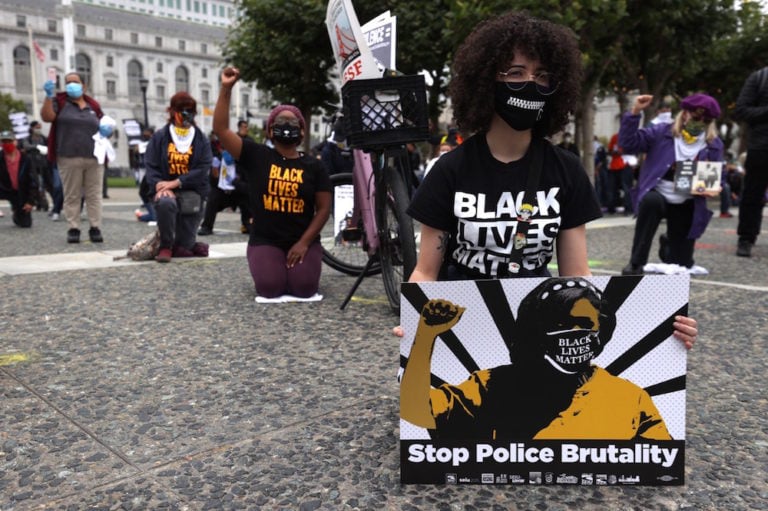
EFF to court: Stop SFPD from spying on protesters for Black Lives
EFF and the ACLU of Northern California recently filed a brief asking the San Francisco Superior Court to rule that the San Francisco Police Department (SFPD) violated the law when it obtained and used a remote, live link to a business district’s surveillance camera network to monitor protests in the wake of George Floyd’s murder in May and June 2020.